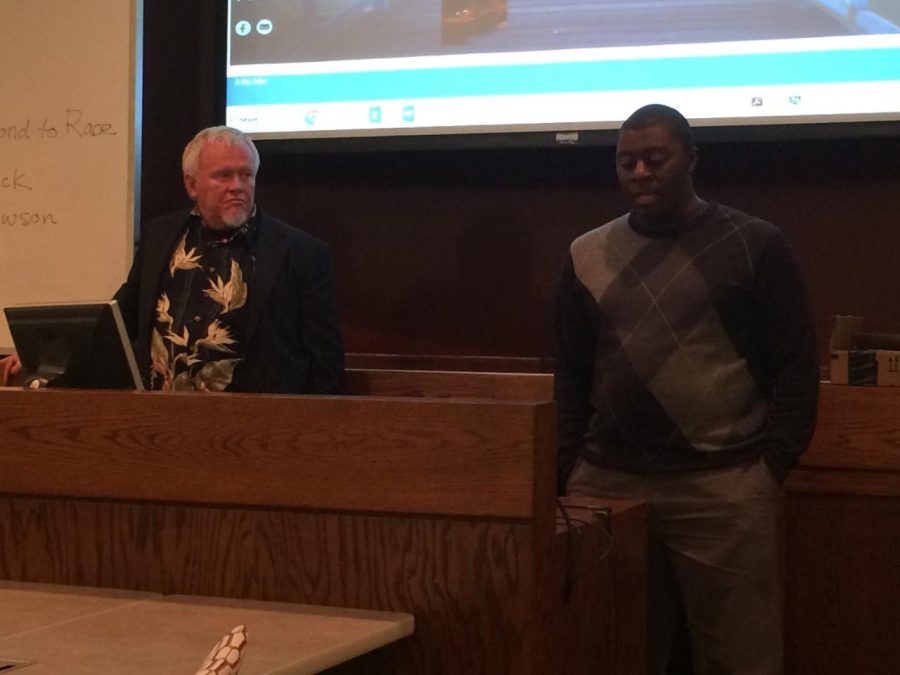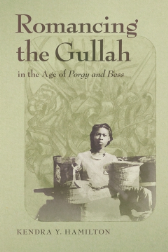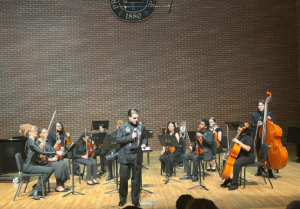Local Area Poets Respond to Race at PC
January 31, 2016
On Monday, January 25, local area poets Al Black and Len Lawson came to Presbyterian College to share their work and personal stories with the PC community.
Black opened the night with his poems “Blood Upon” and “After the Flag,” as well as a few others that were important to him. The most touching of Black’s poems, to me, was “After the Flag.” This poem deals with the aftermath of life in South Carolina after the Confederate flag came down. Relatedly, Black shared an intriguing fact about black churches in South Carolina. Since the Charleston massacre occurred in the summer of 2015, there have been eighteen black churches that have burned down. This number is both staggering and saddening.
Another highlight was when Black shared his spoken word piece, “Refugees.” This poem, perhaps one of the most relevant and timely of the evening, dealt with the Syrian refugee crisis and how it ultimately all comes down to race. Black argued that the reason there is such an outcry against allowing Syrian refugees to come to the United States is because the refugees are not of European descent and that they are of the Muslim faith.
Lawson began his reading with a piece called “Smashing Bottles,” which dealt with circumstances of his childhood that affected his life growing up with his friends. My favorite poem by Lawson was “Traffic Stop.” This poem detailed his feelings as a black man when he is pulled over by traffic police, and the fear that he faces knowing that problems can arise automatically just because of his race. “Songs of the Police” was Mr. Lawson’s final poem; it dealt with police brutality and the ways of the police in today’s world, which is also a very prevalent topic in our current society.
Lawson and Black’s main intent was to start a conversation about prevalent race-related topics in America and the world. At one point, when asked about the L.A. riots after the ruling in the Rodney King case, Len Lawson replied, “No one is blameless.” I agree with Lawson. Oftentimes, one group of people is targeted with the blame when, in fact, all parties involved share some of the load. To go along with Lawson’s thoughts, Black added his point of view. After he was asked a question that dealt with the legal system, he commented, “You get as much justice as you can buy.” Sadly, in the world today, that statement is very true. Black cited the case of O.J. Simpson as proof. Said Black, “If Simpson was guilty, it was a travesty that he had to pay ten million dollars to get off, and if he was guilty, it was also a travesty that he had to pay ten million dollars to prove it.”
The “Poets Respond to Race” event was eye-opening, and it did a wonderful job of provoking deep thought and conversation amongst the people in the room. The world that we live in today is not perfect, and it is our job as citizens to help improve the world in as many ways that we can. It is important that everyone works together in an effort to create a world that is full of equality and justice, a world that is beneficial to all.






